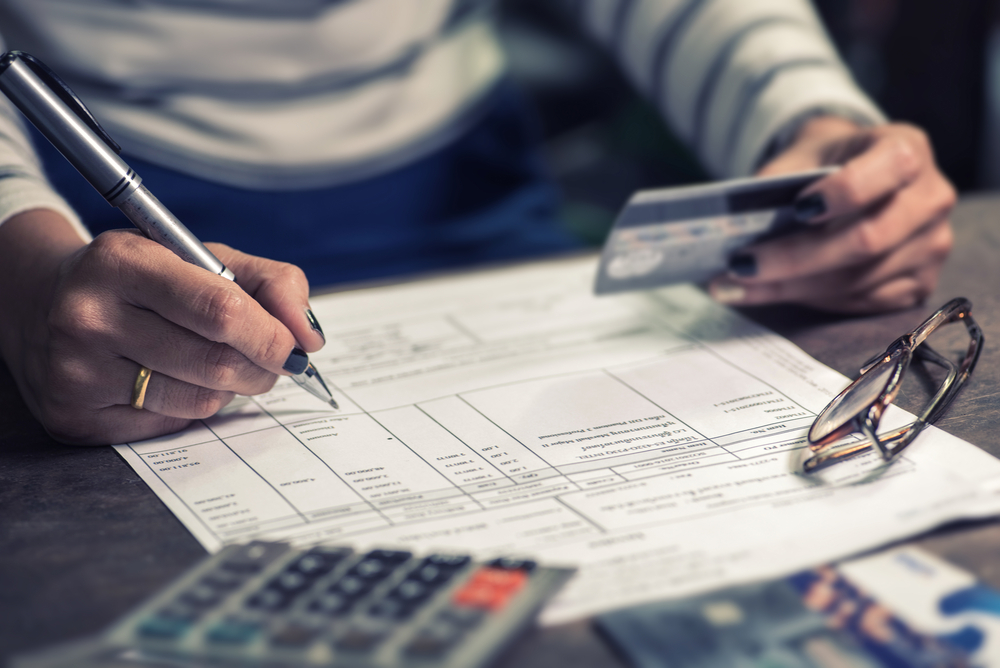Economic choice is inevitable in the face of limited resources. In the modern world, business entities are faced with the need to optimize costs and the production process. Moreover, the question of replacing productive resources is often considered. The participants in the turnover make economic choices constantly. How not to make a mistake in making decisions? More on this later in the article.
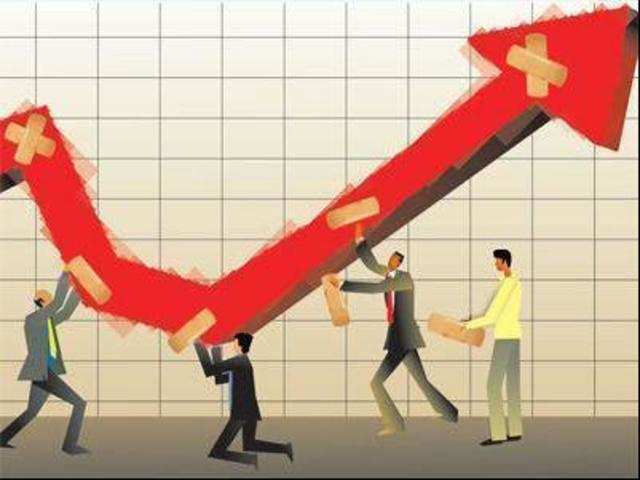
Relevance of the issue
The problem of economic choice has existed for a long time. Any rational society, every economic entity seeks to use available resources as efficiently as possible. Due to this, they try to get as many services and goods as possible. To extract maximum profit, the subject needs to use all the resources available to him.
At the same time, the most possible production volume will be provided due to the rational distribution of funds in certain areas, so that they make the greatest contribution to the output. Of course, each resource must be used strictly for its intended purpose and under normal conditions.
Alternatives
With full employment of the means of production, you have to choose between the creation of several products. The indicator of alternatives for a particular society is reflected on the border of production capabilities.
You can take a simplified economic model, which produces 2 products. When constructing the boundary of production capabilities (GPV), the technological level and the number of production factors are recognized as unchanged.
Within the framework of the full-employment economy (with the absolute use of available resources), all points of probable combinations of the release of 2 goods will be located on the GPV. If society spends all its resources on the production of consumer goods, then it is possible to get the maximum amount (point A), while completely abandoning leisure activities. If the state has developed exclusively the leisure industry, then using all the resources you can achieve the opposite result (point B).
Between these two extremes there are a large number of combinations for the distribution of funds in one and the other areas (points C, D). You cannot release more than 1 product from any of these points without reducing the production of another. Volumes of consumer goods and leisure goods are alternative and interchangeable with limited resources.
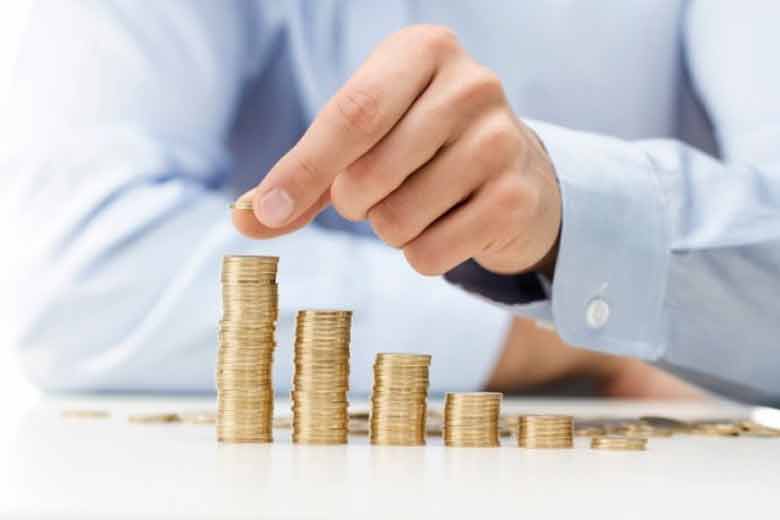
Nuances
A society with a maximum level of production capabilities, due to the lack of all necessary resources, cannot simultaneously increase the output of consumer goods and the service industry and move to point S. It will be achievable if economic growth is achieved.
In the case of incomplete utilization of production capacities or due to unemployment, different combinations of the output of goods will not be on the curve, but, say, at point M. It shows that it is possible to increase production in both areas by using additional resources.
Optimization theory
The multiplicity of economic goals with limited resources makes it necessary to make economic choice. This means that the subject needs to give preference to the best of the alternative options for the use of production assets, in which the maximum satisfaction of needs at given costs will be achieved.
Each individual, enterprise, society as a whole raises questions about what, how, for whom to produce. In other words, it is necessary to determine the conditions and directions of spending resources.
In the framework of economic science, not only fixation occurs, but also the development of better options for economic choice.
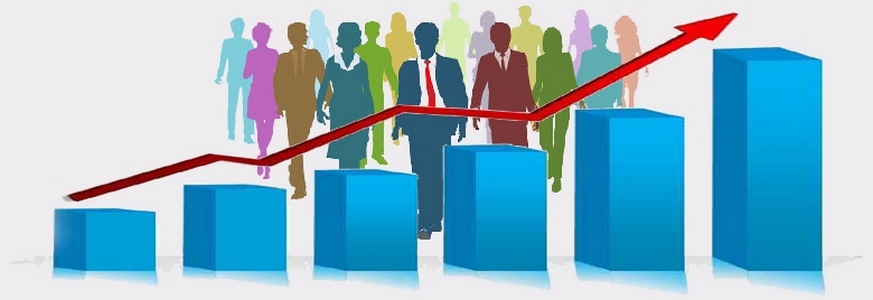
Efficient economy
With limited resources, the problem of rational management arises: society, as it were, takes part in the game with strictly defined rules. It is assumed that a rational individual with deep general and professional knowledge and the necessary experience acts as an economic entity.
Its goal is to achieve the maximum result for the given costs of available resources or minimize costs in achieving the intended goals. This premise seems rather unrealistic, since the existing statistics are very inaccurate, analytical methods are very crude, and information about the real activities of business entities is rather limited.
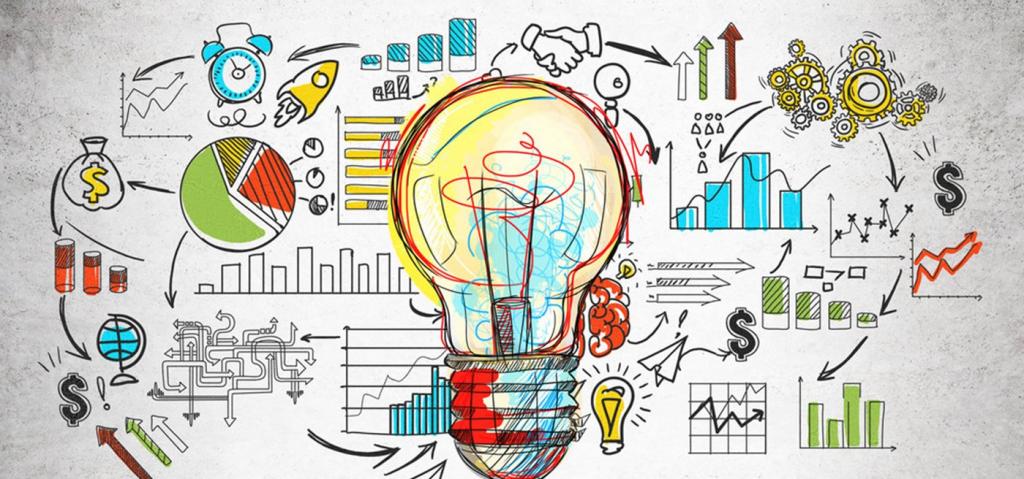
In the theory of economics, it is understood that each participant in the turnover seeks to maximize: the consumer, for example, wants to satisfy his needs, companies want to get as much profit as possible, the trade union wants income from its members, the state seeks to increase the welfare of the population or, in accordance with the theory public choice, prestige of government representatives.
Opportunity cost
When choosing an economic solution, the subject always faces opportunity costs. The release of one product involves the rejection of another. A rational entity needs to calculate not only upcoming costs, but also the costs of unused production opportunities. Based on these data, he will be able to make the best economic choice.
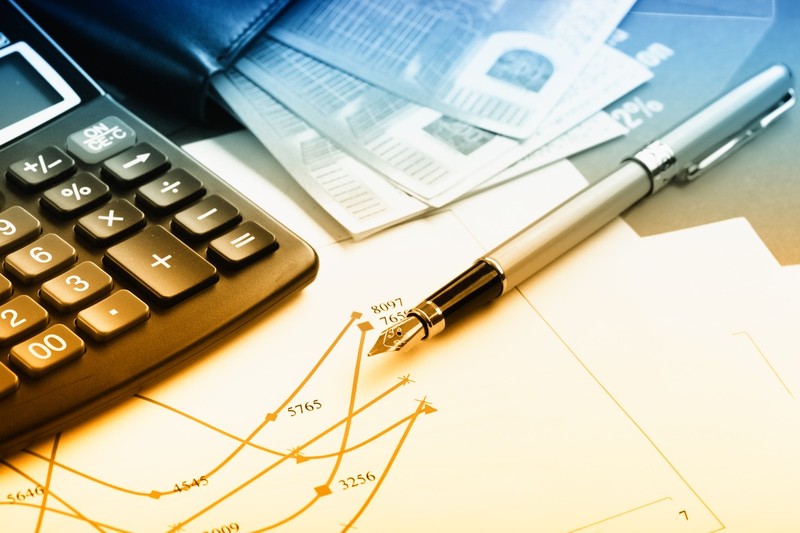
These costs of one good, expressed in another material value, are the means that had to be neglected, that is, opportunity costs.
Possible solution to problems
With limited resources, there will always be a need to make economic choices. This inevitable problem cannot be fixed. However, it can be minimized. The methods will depend on the choice of the economic system. In the traditional social structure, customs are of no small importance, in the command economy - the will of the ruling elite, and in the market model - the situation.
Key issues and solutions
In a market economy, there is a market between producer and consumer. It helps them interact in the language of value and solve key economic issues:
- What to produce?
- How to produce?
- For whom to produce?
When solving the first question, the enterprise must determine what kind of good (one or several), what quality and in what quantity should be created.
To release a product, certain resources, their combinations, as well as technology are required. When choosing them, the company answers the question of. how to produce.
Of course, the company must understand for whom it produces products, how much benefits this or that category of consumers will have.
It is within the framework of the market system that all the conditions for economic choice are created. In this model, the limited resources when achieving certain results becomes very acute.

In the command system, expensive and bulky structures with a huge number of employees are formed between the consumer and the manufacturer. It is they who are trying to answer these three key questions.
In a mixed economic system, between the producer and the consumer there is, as in the first case, a market, but with elements of state regulation.
Conclusion
Economic choice is the inevitability for which any enterprise must be prepared. There is always a chance that some resources will not be enough to release a product, and you will have to abandon it. This is a completely normal situation, especially in a market economy.
